Half of the world’s beaches could disappear by the end of the century, study finds

Climate change poses an existential threat to the world’s sandy beaches, and that as many as half of them could disappear by the end of the century, a new study has found. The study was published Monday in the scientific Journal Nature Climate Change and was conducted by scientists from the European Commission’s Joint Research Center, as well as universities in Spain, Portugal and the Netherlands.
As Gulf swallows Louisiana island, displaced tribe fears the future
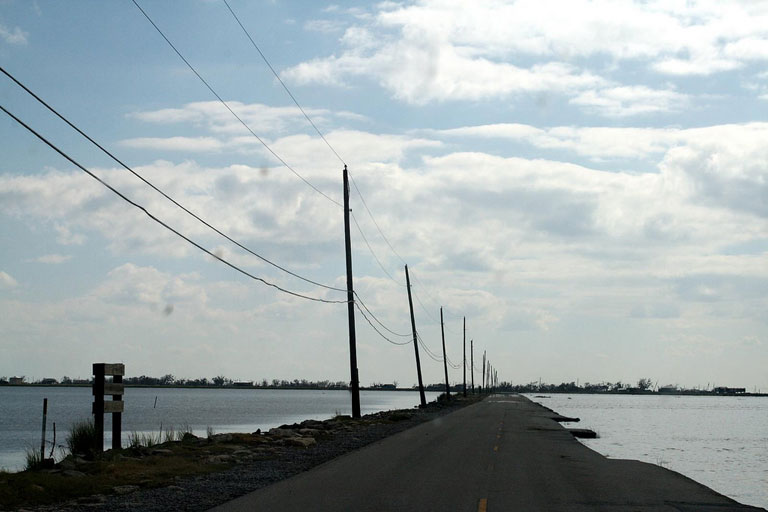
Isle de Jean Charles, Louisiana. Photo source: ©© Maitri Excerpts; It’s all but assumed Isle de Jean Charles will one day disappear beneath the waves… Read Full Article; MSN (02-27-2020) Resettling the First American Climate Refugees – Louisiana; The New York Times (05-03-2016) The Isle de Jean Charles resettlement plan is one of the first […]
As SC island homes fall into ocean, owners behind them wonder if they’re next
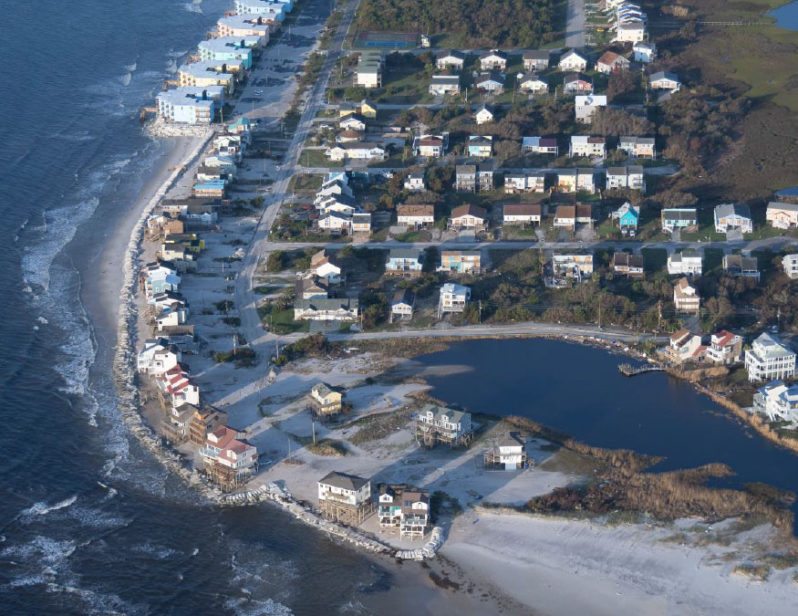
This small slip of land on the eastern tip of Beaufort County is the legacy of an opportunistic time when a wave of businessmen descended on the South Carolina coast keen-eyed for fragments of paradise to package and sell off.
Natural disasters could cost 20 percent more by 2040 due to climate change
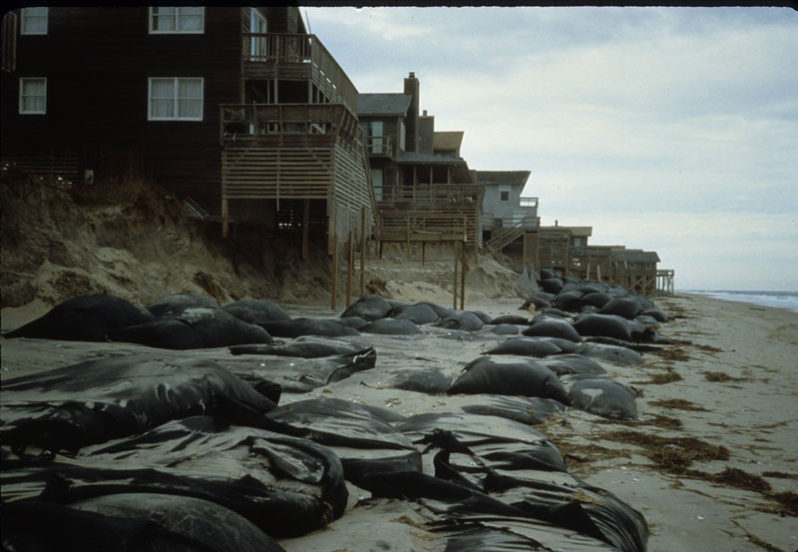
Climate change could add more than 20 percent, or $100 billion annually, to the cost of extreme weather events around the world by 2040, according to a new analysis by researchers at Cambridge University.
Can these giant dams keep Europe from drowning?

A plan for a giant a 400-mile enclosure, The Northern European Enclosure Dam (NEED), would cut off the North and Baltic Seas from the Atlantic Ocean to protect 15 European countries from those rising seas. The project’s scale is unprecedented. Its cost phenomenal. But it’s still cheaper than all the alternatives—including doing nothing.
On rising Great Lakes, backyards are disappearing overnight

Document and near-record water ranges in all 5 Nice Lakes are inflicting tens of hundreds of thousands of {dollars} in injury from Minnesota to New York as eroding shorelines and monster waves trigger properties to plummet into the water.
Antarctica melts under its hottest days on record
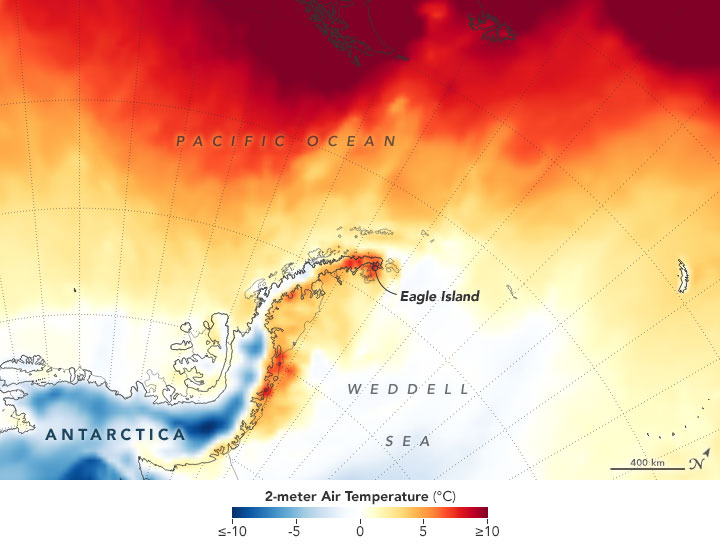
On February 6, 2020, weather stations recorded the hottest temperature on record for Antarctica. Thermometers at the Esperanza Base on the northern tip of the Antarctic Peninsula reached 18.3°C (64.9°F)—around the same temperature as Los Angeles that day. The warm spell caused widespread melting on nearby glaciers.
Revealed: quarter of all tweets about climate crisis produced by bots
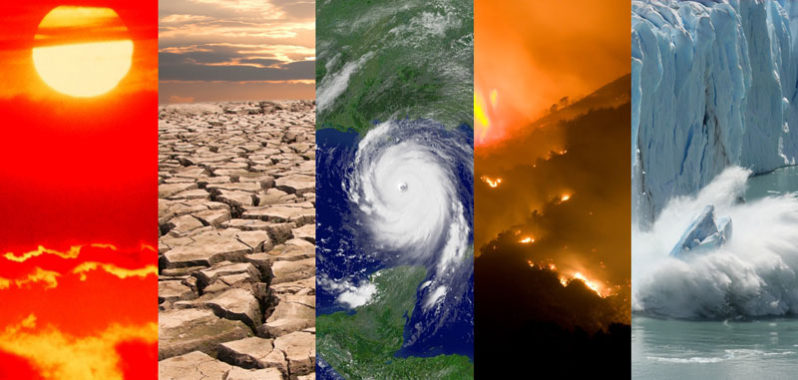
The social media conversation over the climate crisis is being reshaped by an army of automated Twitter bots, with a new analysis finding that a quarter of all tweets about climate on an average day are produced by bots, the Guardian can reveal.
Oil and gas firms ‘have had far worse climate impact than thought’
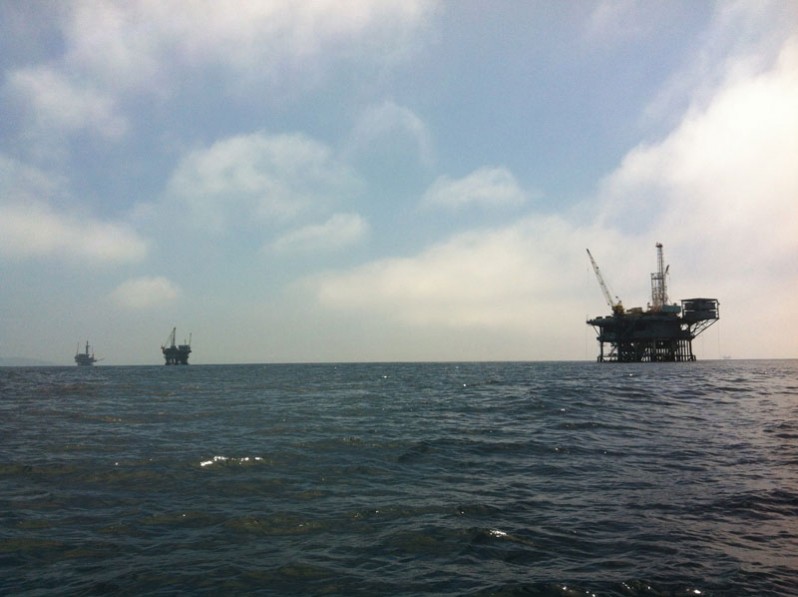
The oil and gas industry has had a far worse impact on the climate than previously believed, according to a study indicating that human emissions of fossil methane have been underestimated by up to 40%.
